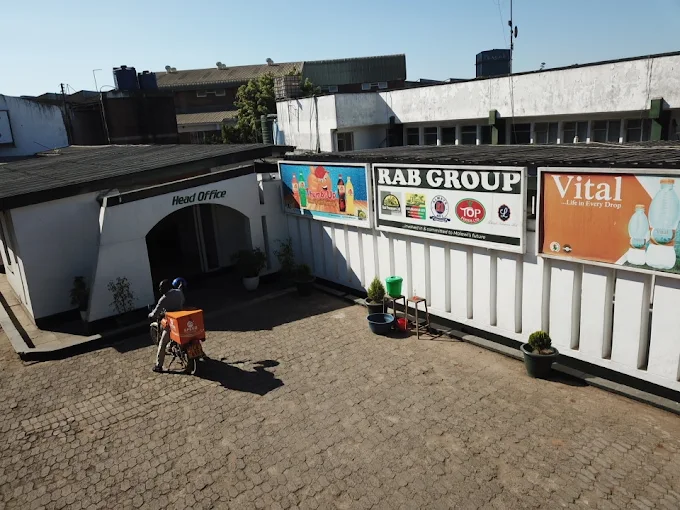CFTC fines firms for exploitative pricing
The Competition and Fair Trading Commission (CFTC) has fined two major companies — RAB Processors Limited and Topmax Enterprises Limited — for excessive and exploitative pricing, in a move that highlights both the Commission’s expanding oversight and the limits of Malawi’s liberalised market.
CFTC Chief Executive Officer Lloyd Vincent Nkhoma said the two firms were found guilty of violating sections 51 (q) and 51 (g) of the Competition and Fair Trading Act (CFTA) and ordered to pay penalties equivalent to one percent of their annual turnover.

“These practices burden consumers and undermine food and economic security,” Nkhoma told journalists in Lilongwe on Thursday. “The Commission will not hesitate to act against businesses exploiting Malawians through unfair pricing.”
RAB Processors was cited for exponential increases in fertiliser prices that the Commission found “excessive and unconscionable,” while Topmax Enterprises raised prices of construction materials by 85 to 91 percent within weeks without credible cost justification.
Nkhoma said such conduct disproportionately affected farmers and low-income households and risked destabilising key value chains in agriculture and construction.
In other rulings, the CFTC approved Shoprite Trading Limited’s sale of assets to Karson Investment Trust, saying the transaction posed no risk to competition.
The approval came with strict conditions requiring Karson Investment Trust to retain all Shoprite employees, maintain product diversity, and submit compliance reports every 90 days for two years.
The Commission also ordered NASR Furniture to refund K303 000 to a customer after finding it guilty of excluding liability for defective goods — a violation of the CFTA’s consumer-protection provisions.
According to Nkhoma, the Commission adjudicated 36 cases during its latest sitting, 13 of which were closed at the preliminary stage for lack of merit or referral to other agencies. Most of the remaining cases, he said, involve alleged price manipulation in fertiliser, bread and poultry feed, sectors that have a direct bearing on the cost of living.
“We are enforcing a law that is still maturing,” Nkhoma explained.
“The 2024 amendments have strengthened our enforcement tools, but they have also created new interpretive challenges that require closer alignment between Parliament, the judiciary and the Commission.”
That tension — between consumer protection and free-market orthodoxy — has now surfaced in policy debates.
In an earlier interview, Paul Nkhoma, former chairperson of Parliament’s Trade, Industry and Tourism Committee, said lawmakers believed the 2024 amendments would empower the Commission to tackle profiteering, only for the courts to reaffirm Malawi’s liberalised-market principles.
“At the time we amended the Act, we thought we were giving the Commission a stronger mandate to protect consumers from unfair pricing,” he said.
“But the court ruled that Malawi, being a liberalised economy, no one has the power to regulate prices.”
He added that while the public increasingly demands government control over essential goods like fertiliser, the Constitution restricts suchpowers.
“The people want government to regulate prices of critical products, but the Constitution being what it is, we cannot operate that way,” said Nkhoma.
He suggested that Parliament may in future explore a constitutional amendment to allow temporary price controls during crises such as food shortages or currency shocks.
For now, Nkhoma said the CFTC would continue enforcing existing statutes to “ensure a fair, transparent and competitive marketplace where consumer welfare remains paramount.





